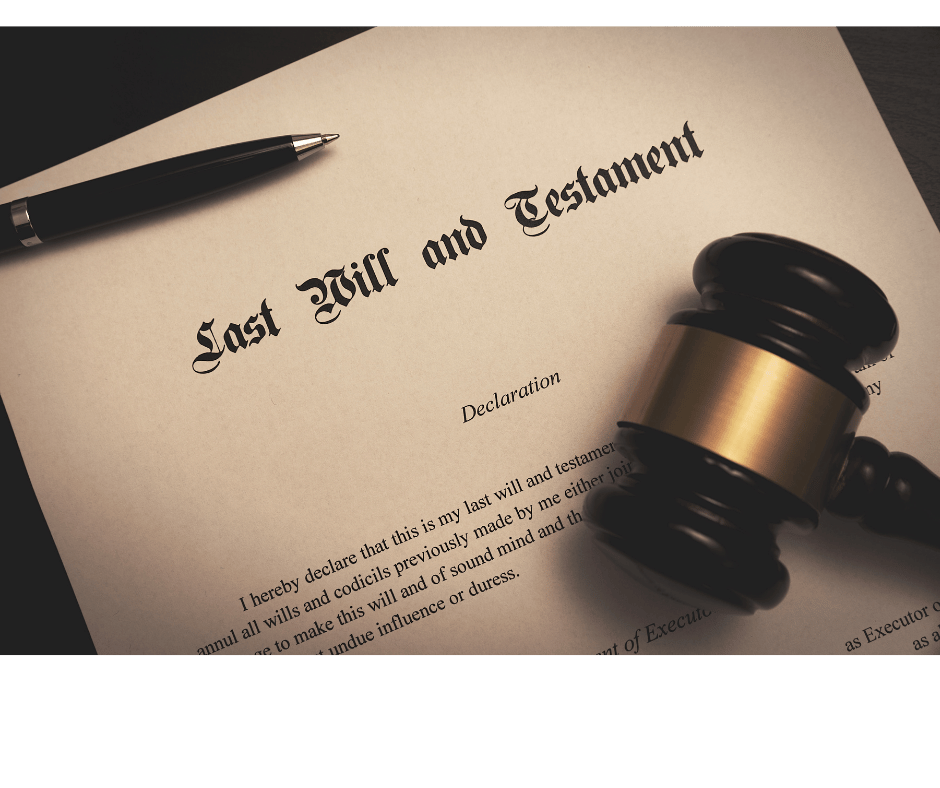Understanding Kentucky inheritance laws is key if you’ve inherited property and want to know how capital gains tax on an inherited house works. Whether there’s a will, no will, or multiple heirs involved, the legal process directly affects when you can sel, and what you might owe.
This guide breaks it all down and ties in how state inheritance rules connect to taxes when you decide to sell.

How Capital Gains Tax Works on an Inherited House
When you inherit a house in Kentucky, you don’t get taxed right away. Capital gains tax only comes into play if you sell. The IRS gives you something called a stepped-up basis, meaning the property value resets to the fair market value on the date of death.
Example:
If your parent bought the house for $80,000 but it was worth $200,000 when you inherited it, your “basis” is $200,000. If you sell it for $210,000, you’d only owe capital gains on $10,000.
This is why understanding inheritance law matters — ownership, probate, and timing affect when you can sell and what taxes apply.
Kentucky Inheritance Laws With a Will

If the deceased left a valid will, the estate goes through probate and assets get distributed according to those wishes. A will can name:
- Who gets the property
- How it should be divided
- Who acts as executor
Even with a will, Kentucky probate still happens in most cases — unless property was already in a trust or set up with survivorship or TOD transfer.
Once the heir officially receives ownership, capital gains tax on an inherited house only matters at the time of sale and depends on the stepped-up basis.
Kentucky Inheritance Laws Without a Will (Intestate)
If there’s no will, Kentucky’s intestate laws decide who gets the property. According to Elder Law Guidance:
- A spouse does NOT automatically get everything.
- If there are children, parents, or siblings, they may get part of the estate.
- Stepchildren don’t inherit unless they were legally adopted.
- Probate is required to determine legal ownership.
This can cause major delays if multiple heirs are involved, and you usually can’t sell the home until ownership is legally established. That means capital gains tax implications get pushed back until probate wraps up.
Is There a Kentucky Inheritance Tax?
Kentucky doesn’t have a state estate tax, but it does have inheritance tax in certain situations depending on your relationship to the deceased.
Generally:
✅ Exempt from tax:
- Spouse
- Children
- Parents
- Grandchildren
❌ May owe inheritance tax:
- Nieces/nephews
- Unrelated heirs
- Some extended family
Even if inheritance tax applies, capital gains tax on an inherited house is a separate issue and only comes into play if you sell for more than the stepped-up value.
The law firm notes that inheritance tax returns must be filed within 18 months of death to avoid penalties.
Probate and Why It Matters for Selling
You can’t just list and sell the property immediately—probate usually has to open first. Probate:
- Confirms ownership
- Handles debts, liens, mortgages
- Ensures the title is transferable
If you plan to sell the home to settle the estate or divide proceeds, probate has to clear title first. Working with an investor or attorney can help speed that up.

How Inheritance Affects Capital Gains Tax When Selling
Here’s when capital gains kicks in:
- Home is transferred to heirs through probate or a will.
- You decide to sell the inherited home.
- You pay tax on any amount above the stepped-up basis.
Short-term vs long-term:
Inherited property is automatically considered long-term, even if you sell it right away — which usually means a lower tax rate.
If multiple heirs inherit and choose to sell together, each person reports gains based on their share.
Avoiding or Reducing Capital Gains Tax on an Inherited House
People in Kentucky commonly use these strategies:
✔ Sell soon after inheriting (little to no gain)
✔ Get a property valuation at date of death
✔ Use proceeds to pay estate obligations before distribution
✔ Sell to a cash buyer to avoid repair-related price changes
If the home needs work, has debt, or is tied up between heirs, selling “as-is” fast prevents long holding times and potential increased gains.
Final Thoughts
Kentucky inheritance laws directly shape the timeline and tax impact of selling an inherited property. Here’s the big picture:
- With a will: Things move faster, but probate may still be required.
- Without a will: Kentucky intestate laws decide who inherits.
- Kentucky inheritance tax applies only to certain beneficiaries.
- Capital gains tax on an inherited house is only owed when you sell.
- The stepped-up basis usually lowers or eliminates taxable gains.
- Probate and legal clearance come first before selling.
If you’re dealing with an inherited house in Kentucky and want to understand selling, probate, or taxes without the legal headache, getting guidance early can save time and money.
